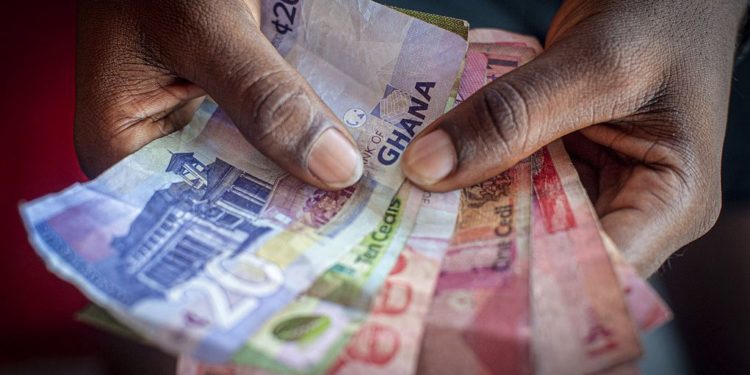Ghana’s central bank unexpectedly left its benchmark interest rate unchanged on signs that rampant inflation may be levelling off and concern the outlook for economic growth is deteriorating.
The monetary policy committee maintained the policy rate at 19%; Governor Ernest Addison told reporters Monday in the capital, Accra. That’s after cumulative rate hikes of 550 basis points since November.
While annual consumer inflation is at a near 19-year high and almost triple the ceiling of the central bank’s 6% to 10% target band it increased at a slower pace in June, and month-on-month price growth has decelerated in the past two months.
“We are seeing the rate of inflation — the pace at which inflation is going up — declining. That’s very important; therefore, we think that if we have not peaked, we probably should be peaking soon.” Governor Ernest Addison.
At the same time, high-frequency data shows the economy is slowing, Addison added.
The S&P Global Ghana Purchasing Managers’ Index has been below 50 since February, indicating a deterioration in business conditions. Worsening economic conditions have fueled protests and led the government to acquiesce to public servants’ demands for a cost-of-living allowance to avert strikes from spreading. It’s also prompted the nation to seek an economic program from the International Monetary Fund.
The yield on Ghana’s Eurobonds due in 2032 climbed four basis points after the Bank of Ghana’s announcement to yield a record 21.86%.
The cedi has depreciated 25% this year against the dollar, and its sovereign debt is trading at distressed levels.
The MPC sees the economy growing between 3.7% and 4.5% in 2022, compared with the Finance Ministry’s forecast of 5.8% in November. Finance Minister Ken Ofori-Atta is expected to cut the ministry’s growth forecast when he presents his mid-term budget review later on Monday and unveil measures to stabilize the nation’s public finances and secure an IMF deal.
Read also; Ghana’s Producer Inflation Hits 38% in June.




